Kenya Coffee Bean producing area | processing Plant Information and Cup Test report of Kenya Coffee small Farmers' Cooperative
Kenya's coffee growing system is complex, accounting for only a small number of independent estates in Africa, and most of the good coffee is the joint work of producers who submit the fruit on the day of production. If you want to trace the source, you can only start with a primary cooperative or a small washing station. Today, I would like to briefly introduce the four famous cooperatives in Kenya!
Introduction of Mwiria factory
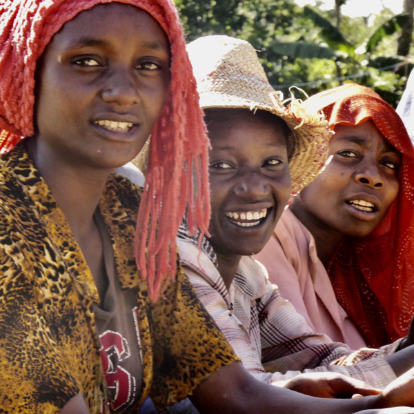
Farm: Mwiria factory
Varieties: SL28, SL34 and Ruiru 11
Processing: on the African bed
Thoroughly wash and dry altitude: 1300 to 1900 m above sea level
Owner: about. 1000 members sent to Mwira;FCS = about 3000 active members
Town / City: Mutunduri
Region: Enbu County, Central Province
A member of the Central Ngandori Farmers' Cooperation Association (FCS), which supplies to the Mwiria Coffee Factory (because it is called a washing station / wet mill in Kenya). The factory is located to the north of the town of Mutunduri, Embu County, Kenya.
Mwiria gets its name from a very large, very old native tree that once existed on the factory site. During the colonial period, Maomao soldiers dug a big hole in the tree so that it could be used as a refuge and hiding place for the enemy. During the grand opening of the Mwiria factory hosted by Jomo Kenyatta (Kenya's first president and freedom fighter himself), Kenyatta named the Kikuyu factory "Mwiria" or "huge".
The cup test report of SL28 and SL34 in 2017 shows the fragrance of flowers, lemon and honey when it is dried. The wet fragrance is the aroma of vanilla, cream, honey and obvious sour fruit.
Introduction of Kathakwa factory
The Kathakwa factory, founded in 1964, is located in Embu County in central Kenya and is famous for producing high-quality coffee. It belongs to the Kibugu Farmers' Cooperative (FCS) and the factory serves the nearby villages of Kibugu and Nguviu. Other crops grown in the area include passion fruit, corn, beans and tea.
The region experienced two rainy seasons, long rain from March to May and short rain from October to December. The Kathakwa factory receives an average of 1500 millimeters of rain a year.
The climate usually ranges from 12 to 25 degrees Celsius throughout the year. The production cycle follows the standard time frame, with main crops harvested from October to December / January and fly crops from April to June.
After picking, ripe cherries are brought to the factory by small farmers and then processed to remove the skin and flesh-called wet processing. The nearest source of water is Kiiriver.
Make a cup test report on SL28 and Ruilu 11. The results show that sipping has obvious sound and color of berries, honey sweetness, blackcurrant flavor, good cleanliness and long-lasting finish.
Jiakun Society Cooperative
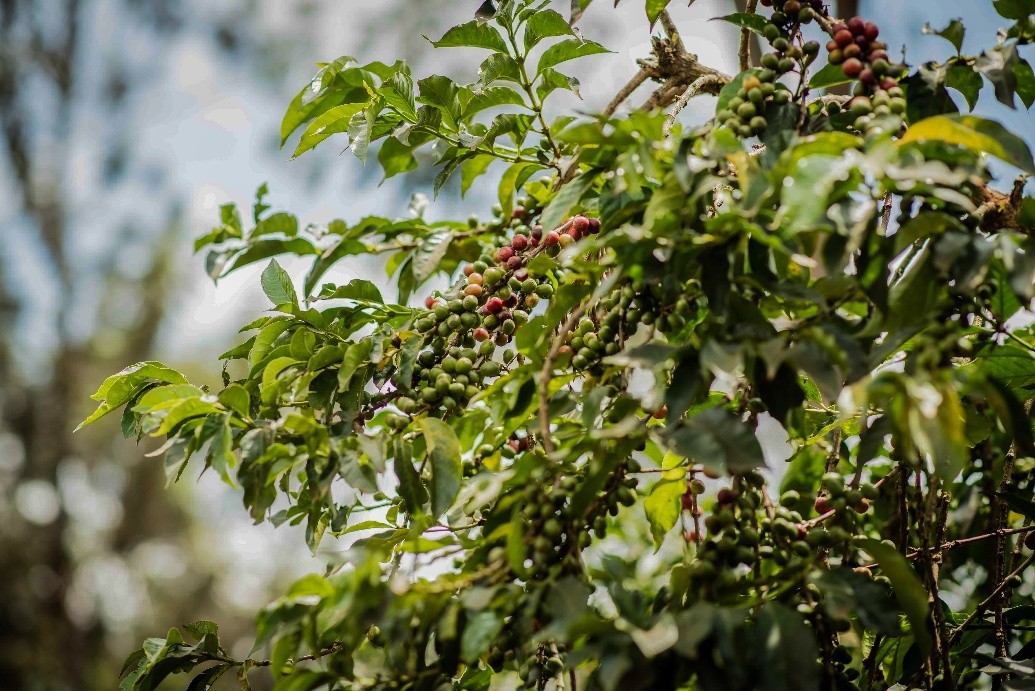
In 2017, although the fruit sold by coffee farmers received a high price, but production fell sharply, cash income also dropped sharply, and buyers paid high prices, but the quantity failed to meet the overall demand of the market. In this environment, Gakundu's carefully selected round beans stand out with excellent quality, and the price of round beans is usually much lower than that of large AA. Because of their outstanding quality, this batch of Gakundu easily allows cooperatives to sell directly to Osher at a better price (second window transaction).
The Gakundu Cooperative, located in Embu County, about 150km north of the capital Nairobi, was founded in the 1960s. it has four processing plants, including Gakundu, Gakui, Kamvi and Gichugu, with more than 3000 members from the N'Dori area, which is about 1720 meters above sea level. The cooperative is made up of small farmers, who own an average of 250 coffee trees, most of which are cut for SL28. A small part of Ruyilu 11 is also used to increase yield and as a substitute tree species in case of disease. The area is located in the mountains of Kenya and has fertile volcanic red soil, and the Kapingkagi River provides water for seed rescue and treatment.
The main harvest season is from October to December, and the secondary harvest season is from April to May. Coffee cherries are fermented overnight after the pulp is removed, which is used to decompose the sugars in the sticky layer, then wash them, soak for about 36 hours, and then distribute the coffee evenly on the drying table. The time spent on the drying table depends on the weather, ambient temperature and processing capacity, and may take a total of 7 to 15 days. The Gakundu Cooperative is participating in the coffee management service project. The Gakundu Cooperative has been certified by 4C and Cate Practices. Gakundu has a large number of members and is well acquainted with Kenya's Fair Trade Organization, which handles the activities of washing stations.
The cup test results of SL28 and Ruiru 11 show the flavor of raspberry, black cherry, honey, red currant and chocolate.
Geshaisi Farmers' Cooperative
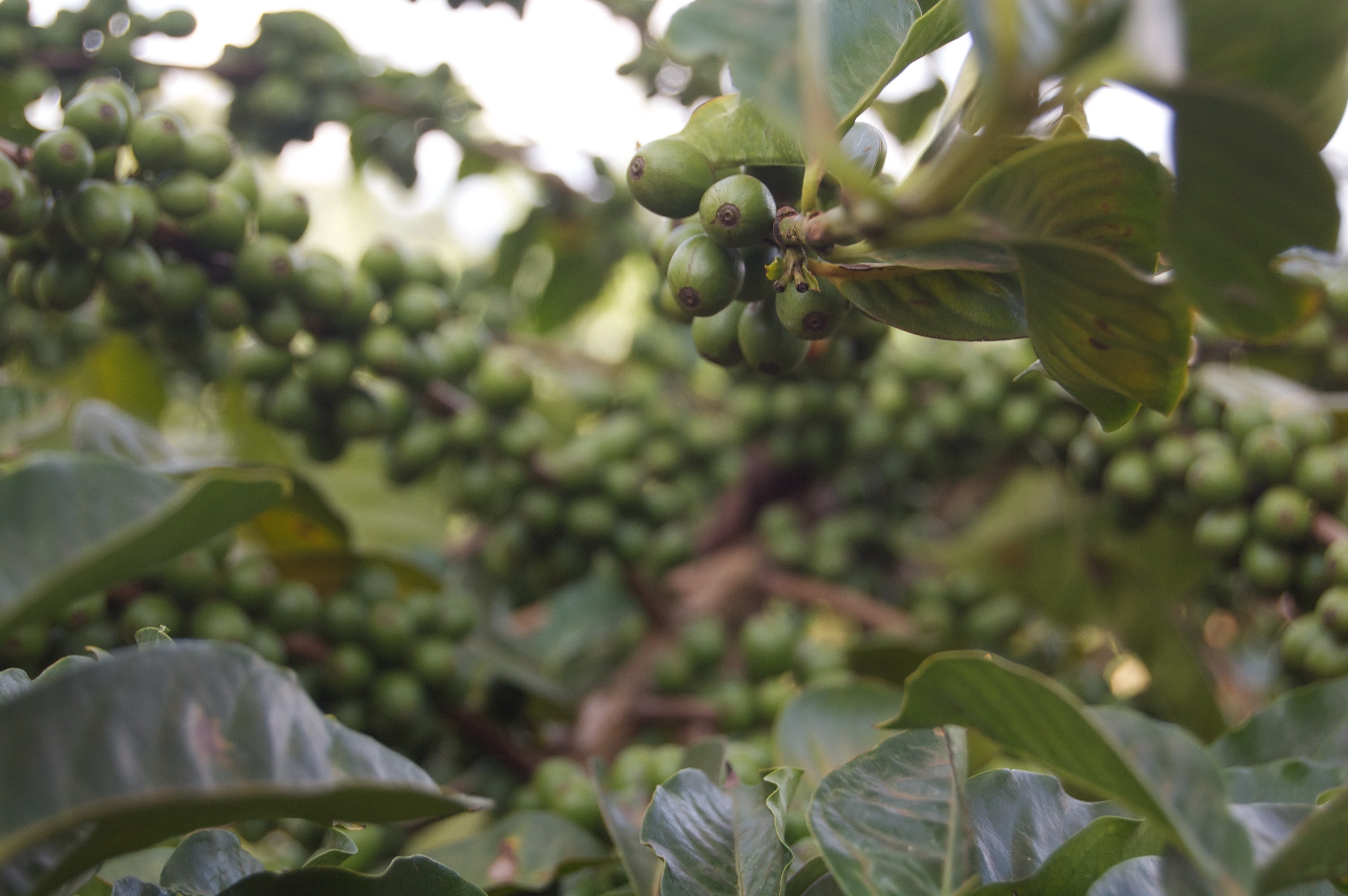
The Geshaisi Farmers' Cooperative processing farm is located in Nieli in central Kenya. Nieli is the most famous coffee producing area in Kenya, where coffee farmers tend to earn more than 20% more than other regions. Due to the early development, there are many water washing stations in the area, coffee farmers are free to sell their fruits, and there is no legal requirement that their cherry fruits can only be sold to specific treatment plants. The coffee farmer will be more willing to sell the fruit to the highest bidder. If you want to sell at a high price, you must provide better fruit, which is also a healthy competition. The raw beans sent by the processing field to the auction bureau are of high quality, and there are more opportunities for favor and high-price bidding, and international buyers will continue to chase and purchase, so that the processing field will have higher costs to acquire high-quality fruits and even provide prepaid cash services. Especially in Nieli district in 2018, high-quality fruit can even get 90% after deducting the processing cost, which is a huge income for coffee farmers. It was Peter, the manager of the Geshaisi Farmers' Cooperative, who told me the above paragraph. Peter Karienye.
The Geshaisi Farmers' Cooperative, founded in 2000, was previously affiliated with the Tietu University Cooperative (TetuCFS) and now has 1542 members. The cooperative, located at the junction of Mount Kenya and the Aberdel Mountains, has fertile volcanic red soil, with annual rainfall of about 1100 mm, above 1650 meters above sea level, and an average annual temperature of about 16 °C-26 °C, which is not too hot even at noon.
The main harvest season is September, January of the following year, accounting for 70% of the annual harvest, and the secondary harvest season ends from April to July, accounting for 30% of the harvest. The output varies greatly from year to year and from year to year. Peter told me that Geshaisi has the capacity to produce 120 tons of raw beans (about 8 containers) per year, but only 60 tons (4 containers) in 2018 because only 420000 kilograms of fruit were harvested (about 7 kilograms of fruit can be made into 1 kilogram of fine raw beans). 2017 is even worse, with only more than 40, 000 kilograms of raw beans. Therefore, it is very important to provide good services for farmers, especially to provide consulting services and financial assistance for production quality. Peter's Gaishaisi Yard has been highly recognized by its members for providing good price and cash assistance.
The result of his cup test is the same as that of Jiakun Society, but with the flavor of rose and vanilla.
Important Notice :
前街咖啡 FrontStreet Coffee has moved to new addredd:
FrontStreet Coffee Address: 315,Donghua East Road,GuangZhou
Tel:020 38364473
- Prev
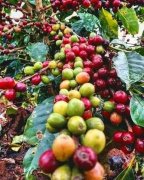
Kenyan K72 double washing coffee bean flavor characteristics Kenyan coffee flavor
The clean and bright style of Kenyan coffee beans has a lot to do with his unique way of handling coffee. Today, the editor will take you to learn about the double fermentation treatment of Kenyan coffee. Kenyan coffee is famous for its multiple washing. International buyers often require washing: the main producing area to add honey treatment, Japan.
- Next
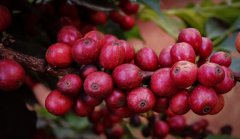
Kenya Coffee Bean Flavor History Development Story| Kenya NCE and its Marketing Operation System
caramel. Pomelo. Coke. ripe tomatoes. Red grapes. Bright. Plum. Sweet. Delicious. apricot. pineapple. Passion fruit. Chocolate. We all know Kenyan coffee is one of the most complex coffees in the world, but they are also the most complex thanks in large part to the country's unique chain of custody, marketing processes and logistics. Kenya has no coffee history in its north
Related
- Detailed explanation of Jadeite planting Land in Panamanian Jadeite Manor introduction to the grading system of Jadeite competitive bidding, Red bid, Green bid and Rose Summer
- Story of Coffee planting in Brenka region of Costa Rica Stonehenge Manor anaerobic heavy honey treatment of flavor mouth
- What's on the barrel of Blue Mountain Coffee beans?
- Can American coffee also pull flowers? How to use hot American style to pull out a good-looking pattern?
- Can you make a cold extract with coffee beans? What is the right proportion for cold-extracted coffee formula?
- Indonesian PWN Gold Mandrine Coffee Origin Features Flavor How to Chong? Mandolin coffee is American.
- A brief introduction to the flavor characteristics of Brazilian yellow bourbon coffee beans
- What is the effect of different water quality on the flavor of cold-extracted coffee? What kind of water is best for brewing coffee?
- Why do you think of Rose Summer whenever you mention Panamanian coffee?
- Introduction to the characteristics of authentic blue mountain coffee bean producing areas? What is the CIB Coffee Authority in Jamaica?

